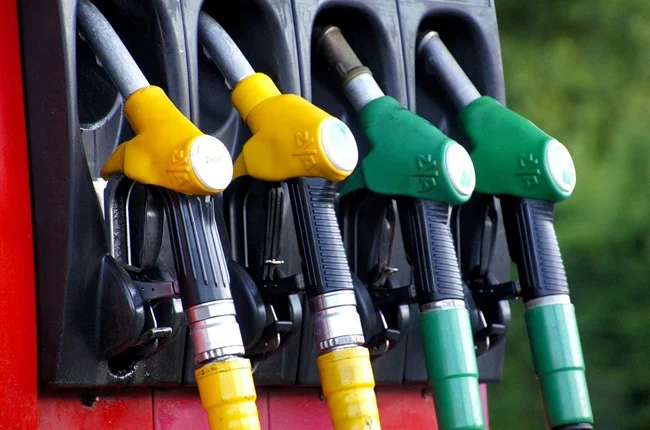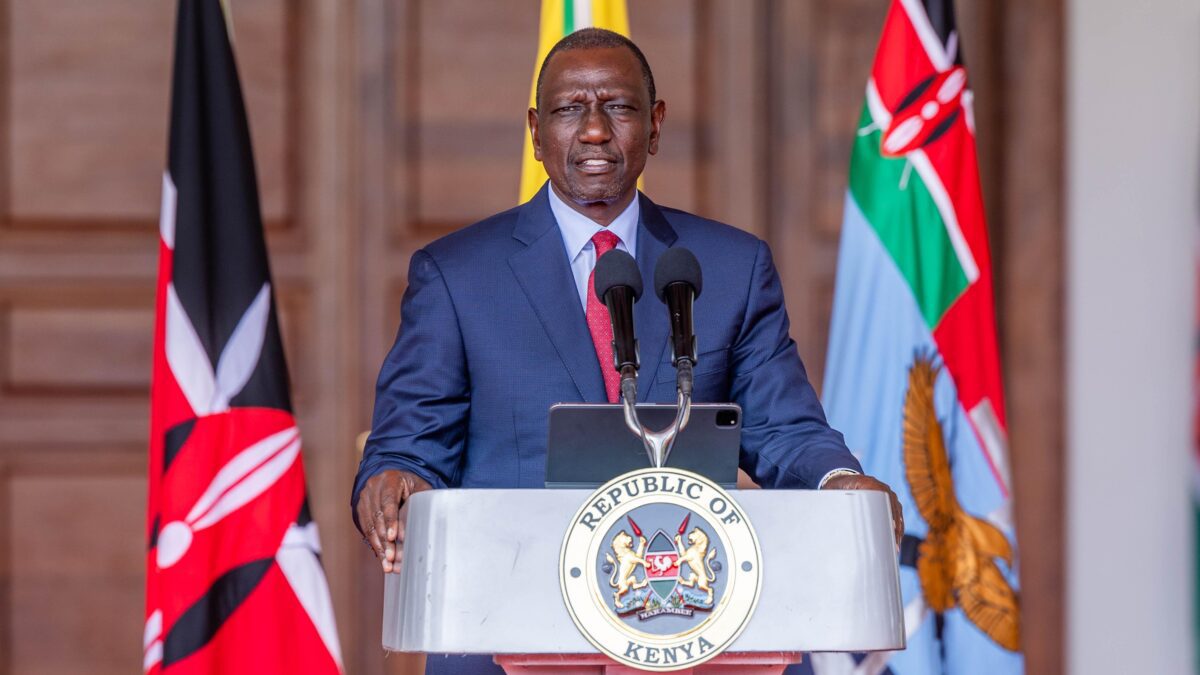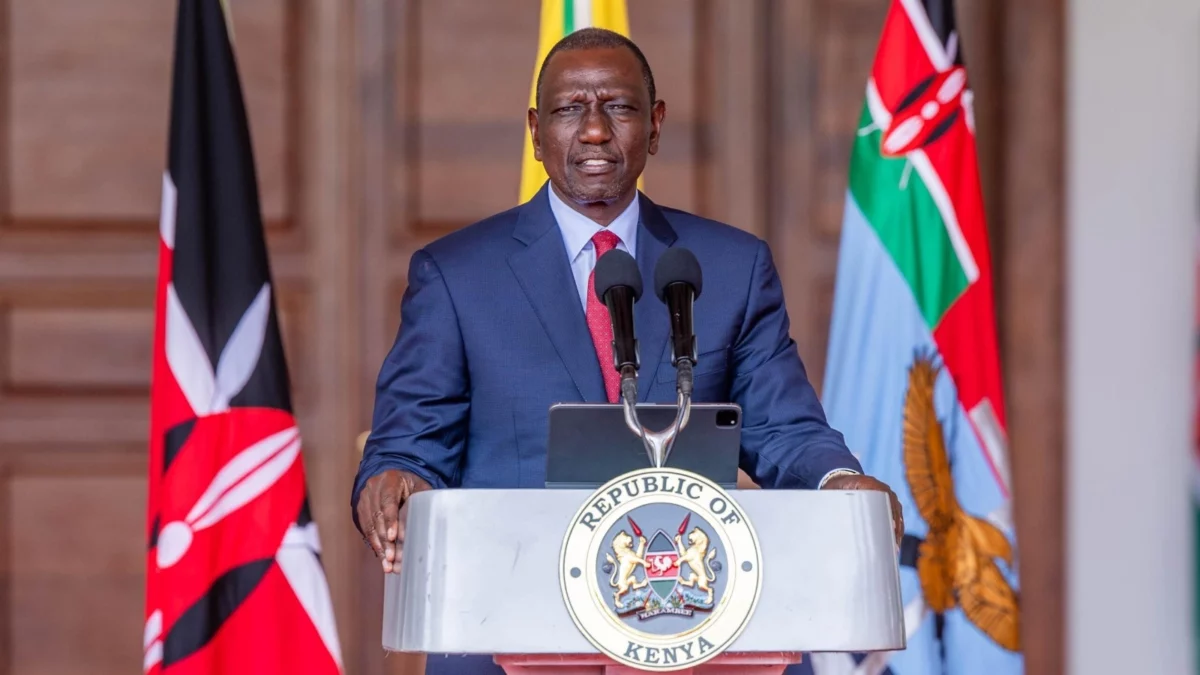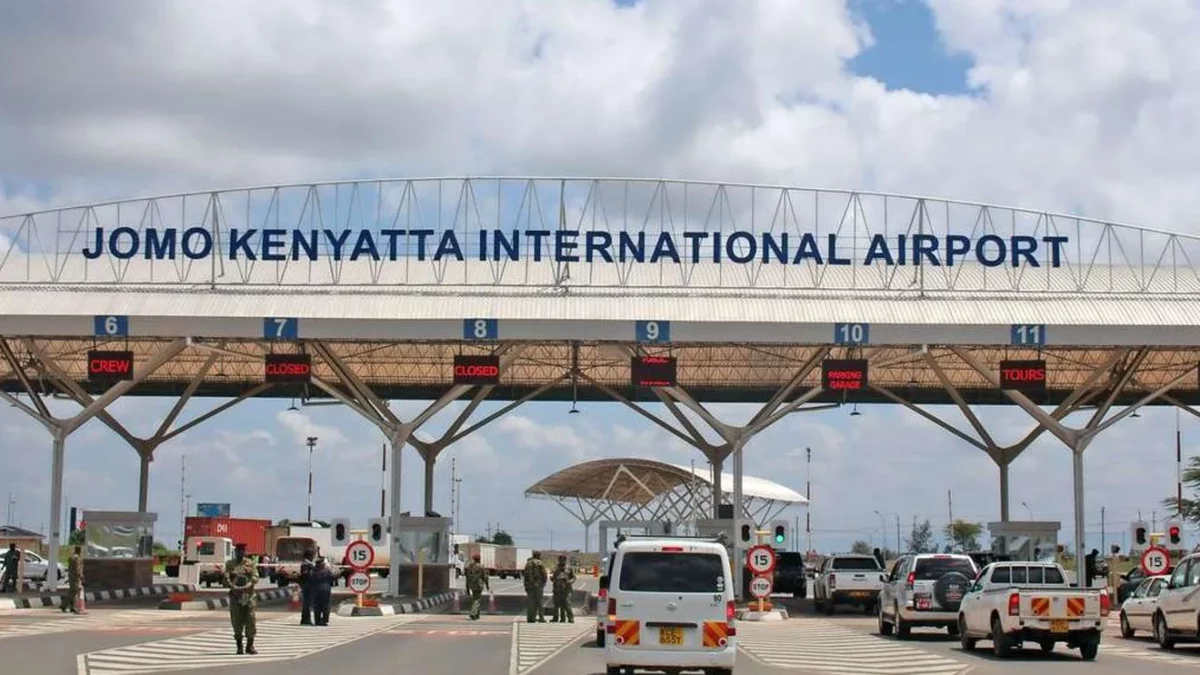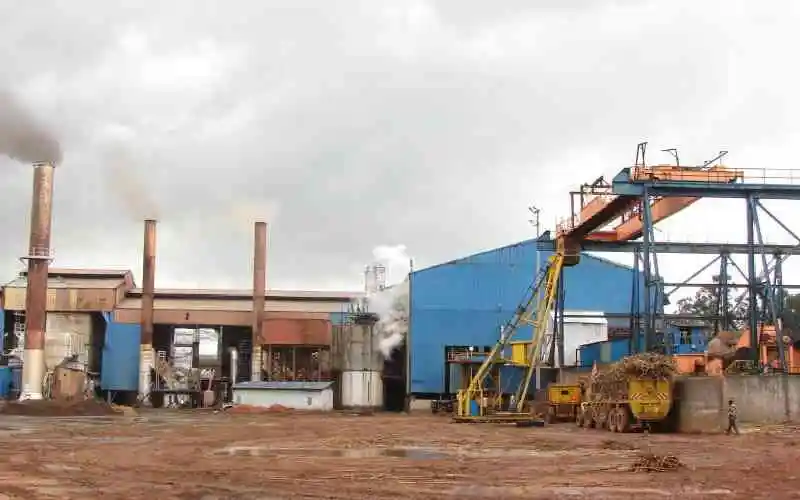Tough times lie ahead for Kenyans after the National Assembly approved the VAT raise on fuel from eight per cent to 16 per cent on Wednesday, June 21. This is after 184 MPs voted in favour of the amendment while 88 MPs voted against it.
Fuel prices are set to increase by a total of Ksh 12 for a litre as of next week, July. Super Petrol which currently retails at Ksh 182.04 will cost Ksh 193.77 while diesel which now goes for Ksh 167.28 will be sold at Ksh 177.94.
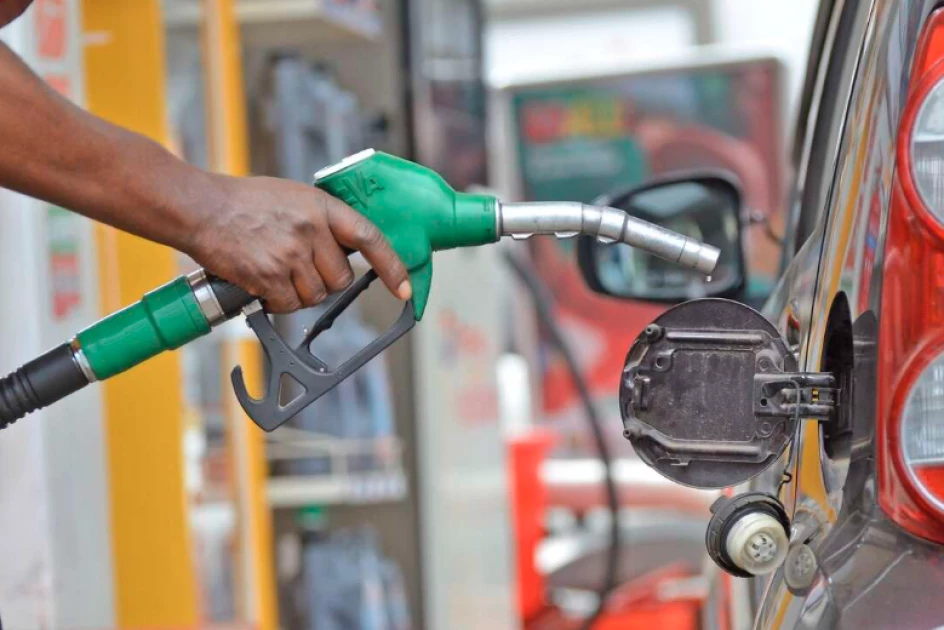
The 16 per cent tax will have a ripple effect that will affect households in the following ways;
Increased Fuel Prices
The 16 percent tax will be added to the existing fuel cost including any other taxes and transportation expenses. It will therefore increase fuel prices which will in turn result in higher prices at the pump.
Read Also: Impacts of Finance Bill On the Private Sector
Inflationary Pressure
Any increase in fuel prices as a result of the tax will affect the cost of production, transportation and distribution of goods and services. This will contribute to the inflationary pressure in the economy. It will therefore translate to increased prices of basic commodities and services.
Economic Effects
Increased fuel prices will have broader economic implications. Industries that rely on fuel to operate such as agriculture, transportation and manufacturing will most likely experience increased costs of production. As a result, their profits and competitiveness will be affected. It will affect economic growth, employment and investment.
Transportation costs
Higher fuel prices will result in increased transportation costs affecting public transport, individuals and businesses. Businesses will have experienced higher delivery and or distribution costs. Public transport will increase fare prices while individuals will have to pay more to fuel their cars.
Subscribe to Switch TV for more exciting content
Disposable Income
Higher fuel prices could potentially put pressure on household budgets. A larger portion of the income that was previously allocated to savings or investments will have to cover fuel expenses leaving less or no money for financial development.


